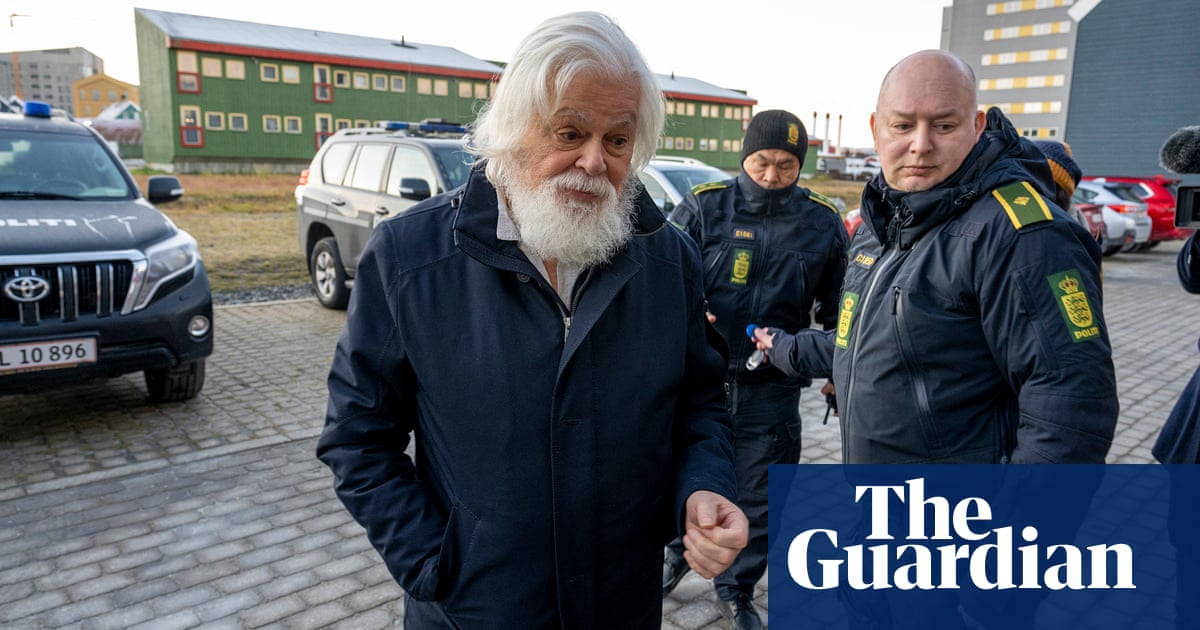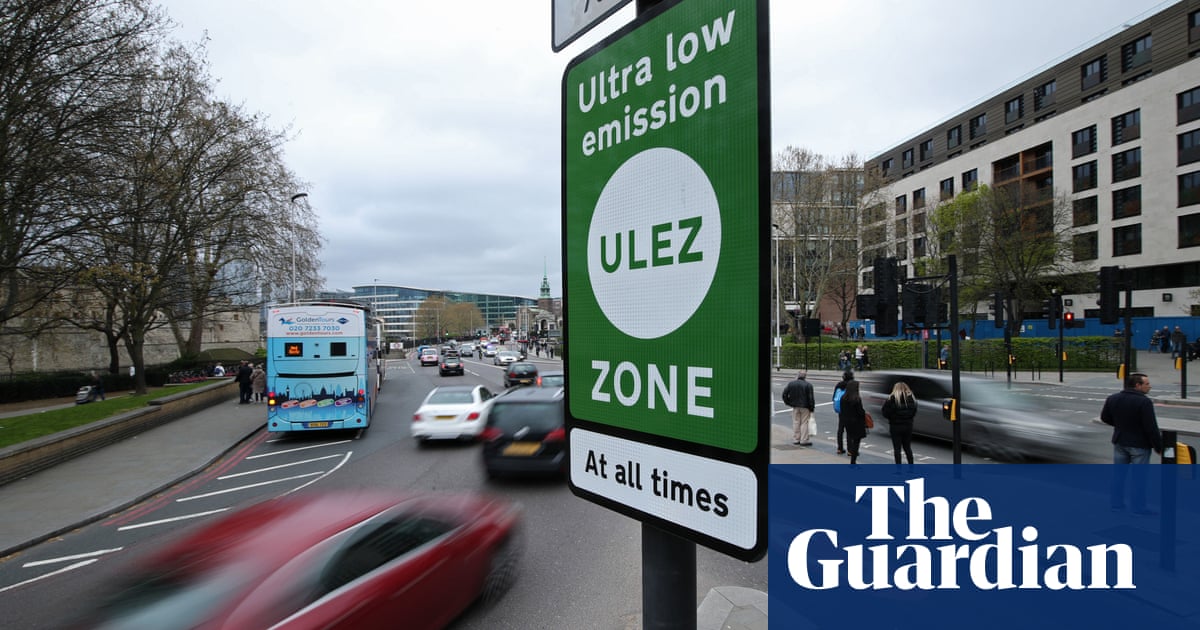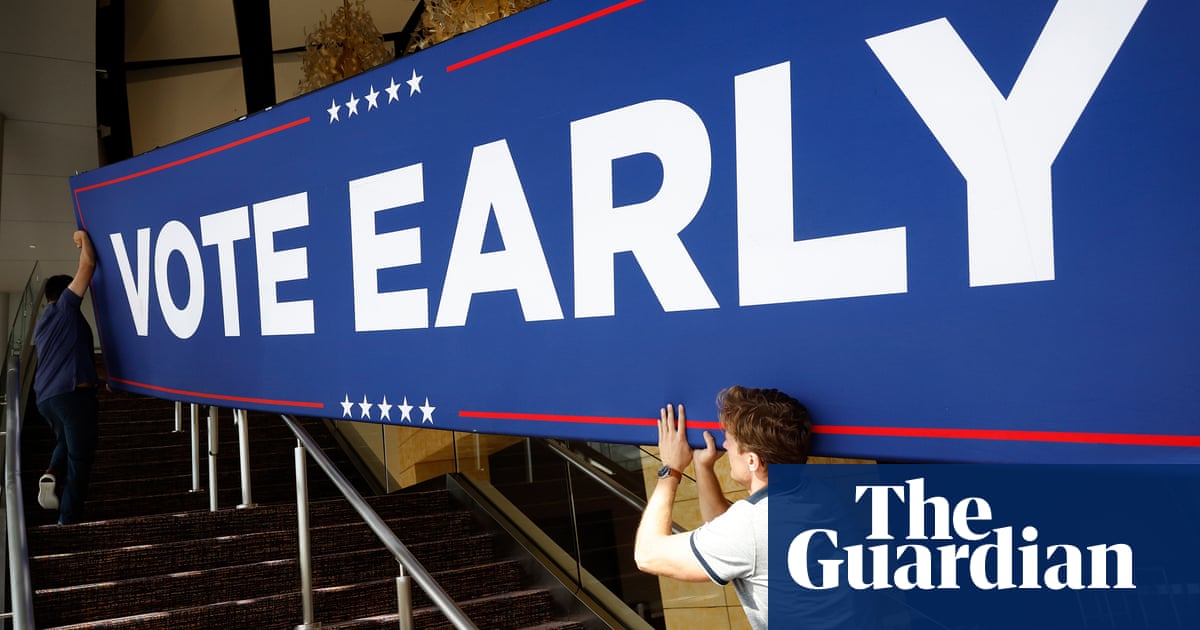Breakthroughs sometimes turn up in unexpected places. The researchers working on the international push to bring back the thylacine say they found theirs in a long-ignored bucket in the back of a cupboard at a Melbourne museum.
It contained an astonishingly well-preserved head of the extinct marsupial, also known as the Tasmanian tiger.
âIt was literally a head in a bucket of ethanol in the back of a cupboard that had just been dumped there with all the skin removed, and been sitting there for about 110 years,â Prof Andrew Pask, the head of the thylacine integrated genetic restoration research (with the perfect acronym Tigrr) lab at the University of Melbourne, says.
âIt was pretty putrid, a completely gruesome sight. People had chopped large chunks off it.â
Aesthetics aside, the specimen had a lot going for it. It contained material the scientists thought would be impossible to find â including long RNA molecules crucial to reconstructing an extinct animalâs genome. âThis was the miracle that happened with this specimen,â he says. âIt blew my mind.â
A year on, Pask says it has advanced the work of the team of Australian and US scientists who are trying to resurrect the species more than he expected at this stage. âWe are further along than I thought we would be and we have completed a lot of things that we thought would be very challenging, and others said would be impossible,â he says.
The plan to âde-extinctâ the thylacine
The project to bring back the thylacine is being driven by Colossal, a Texas-based biotechnology âde-extinction and species preservationâ company that is also aiming to recreate the woolly mammoth and the dodo using genetic engineering techniques.
Led by the tech and software entrepreneur Ben Lamm, Colossal has raised US$235m, employs 155 people directly and is funding research at 13 laboratories across the globe. They include the Tigrr lab, which operates at the University of Melbourne School of Biosciences.
The thylacine was Australiaâs only marsupial apex predator. It once lived across the continent, but was restricted to Tasmania about 3,000 years ago. Dog-like in appearance and with stripes across its back, it was extensively hunted after European colonisation. The last known survivor died in captivity in 1936 and it was officially declared extinct in the 1980s.
Colossal says researchers have made several breakthroughs in its work on the species, putting the company much closer to its goal of returning the species to the wild in Tasmania. They include what they say is the highest quality ancient genome ever produced, with just 45 gaps in a genetic blueprint that contains about 3bn pieces of information.
Lamm says it is an âincredible scientific leapâ putting the program âon track to de-extinct the thylacineâ, while other recent breakthroughs will be immediately useful in protecting critically endangered species. âWe are pushing as fast as possible to create the science necessary to make extinction a thing of the past,â he says.
The soft tissue of the Museums Victoria specimen that researchers dubbed âhead in a bucketâ contained preserved long sequences of DNA â genetic material that is the same in almost every cell nucleus in a body â but also long RNA molecules. Pask says the latter were crucial, and unexpected.
RNA is much less stable than DNA. It varies in different types of tissue within a specimen and contains what is effectively a readout of the active genes needed for a particular tissue to function. It meant researchers were able to get information related to the animalâs nose, eyes, tongue and other facial material, giving a picture of what a thylacine could taste, what it could smell, what kind of vision it had and how its brain functioned.
Pask says the result is the first annotated extinct animal genome, what he calls âan incredible blueprintâ. âIt helps us prove that what we are bringing back is genuinely a thylacine and not some hybrid animal,â he says.
The thylacine researchers aim to take stem cells from a living species with similar DNA to a thylacine, the fat-tailed dunnart, and turn them into the closest approximation of thylacine cells possible using gene editing expertise developed by George Church, a professor of genetics at Harvard Medical School and Colossalâs co-founder.
A thylacine-looking thing â but what comes next?
The announcement about the genetic breakthrough came ahead of an event at the SXSW festival in Sydney on Friday, where Lamm and Pask will talk about their work with the actor Luke Hemsworth. The Hemsworths have been vocal and financial backers of the project.
Colossal claims several other breakthroughs in their recent work, including the development of the first artificial reproductive technology to induce ovulation in marsupials, a step that could lead to captive breeding programs for threatened species.
They say they have fertilised single-cell embryos and culture them to over halfway through pregnancy in an artificial uterus, and refined work engineering resistance to cane toad toxin in the cells of another marsupial, the northern quoll.
On when a thylacine might be created, Pask says he expects the first âthylacine-looking thingâ could be born within three to five years, but that he âwouldnât call that a thylacineâ.
He says the researchers are confident in creating a thylacineâs skull, legs and even stripes, but there are âstill other things we still donât know how to doâ.
Other scientists are watching on with varying degrees of caution and scepticism. Some ask why so much funding and effort is going into bring back species when thousands that are still alive are on the brink of extinction. Euan Ritchie, a professor of wildlife ecology and conservation at Deakin University, says it is an ambitious project and likely to lead to breakthroughs that could help with conservation. But he says there will be other challenges âif-and-when we bring back thylacine-like animalsâ.
âI think we will probably get some thylacine-like animal, but they wonât actually be thylacines. The question is: what comes next?â he says.
âHow will they behave in the wild and what effects might they have in the ecosystems? We have no idea how they are going to behave because there are no living thylacines left, and when you can bring back a thylacine-like animal it has got no other thylacine-like animals to learn from.
âThatâs at least as big a challenge, if not a bigger challenge, than the genetic challenge. As an ecologist, thatâs the big unknown.â









